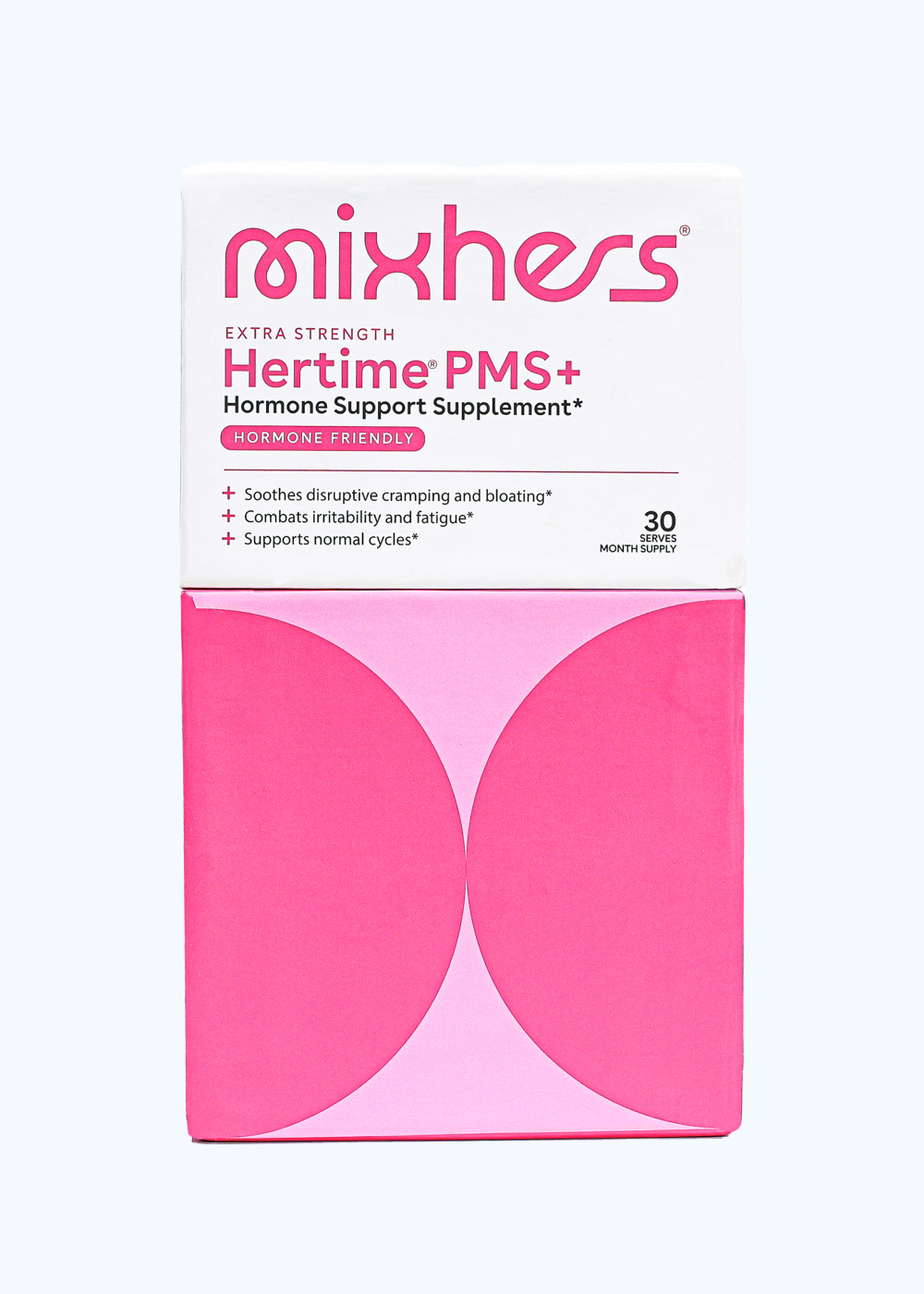How to Lower Cortisol Naturally
Feeling stressed is common, and it can lead to high cortisol. Cortisol is a stress hormone that affects your body. This article will guide you on how to lower cortisol naturally. Keep reading for helpful tips.
The Impact of Cortisol on Women’s Health
Cortisol plays a big part in women’s health. It is made by the adrenal glands and has many jobs, like controlling blood sugar levels, regulating metabolism, reducing inflammation, and helping with memory formulation.
Too much cortisol from chronic stress can lead to problems. For women, this might mean weight gain, trouble sleeping, high blood pressure, type 2 diabetes, weak bones or even heart disease over time.
High levels of cortisol can mess up how the immune system works and change how women store fat around their waistline. This can make losing weight harder. Also, too much cortisol affects emotions and mental health.
Women may feel more anxious or depressed when their cortisol levels are high for too long. Simple lifestyle changes can help lower these levels and improve overall well-being.
5 Natural Ways to Lower Cortisol
Cortisol, the stress hormone, plays a vital role in women’s health. Lowering it naturally involves prioritizing quality sleep, eating cortisol-friendly foods, managing stress with relaxation techniques, staying active, and building strong community ties. Incorporating these practices into your routine can reduce stress and support overall well-being.
Here are five excellent and effective ways to lower cortisol levels:
Prioritize restful sleep
Quality sleep is essential for managing cortisol levels. Aim for 7-9 hours each night to help reduce stress and regulate your body’s stress response. Create a calming sleep environment by minimizing noise and light, and avoid caffeine late in the day to prevent restlessness. Establish a relaxing bedtime routine, like reading or deep breathing, to signal your brain it’s time to unwind. Consistency is key—stick to a regular sleep schedule to wake up refreshed and support cortisol balance effectively.
Nourish your body with cortisol-lowering foods
Eating cortisol-lowering foods helps your body manage stress more effectively. Include whole grains like oats to stabilize blood sugar and reduce stress. Healthy fats, especially omega-3s from fish, lower cortisol levels, while lean proteins from meats or beans support body repair.
Add magnesium-rich foods like spinach, avocados, and bananas to relax muscles and nerves, promoting calmness. Antioxidant-packed berries and nuts combat stress damage, while green tea’s calming properties can also help reduce cortisol. A balanced diet supports better stress management and overall well-being.
Practice stress-reduction techniques
Lower cortisol levels by incorporating stress-reducing practices into your routine. Deep breathing activates your body’s relaxation response, while mindfulness meditation helps focus on the present and alleviates stress. Yoga combines movement, breathwork, and meditation to effectively reduce cortisol. Spending time in nature promotes relaxation, and building strong social connections with friends or family buffers stress. Prioritize tasks with time management to minimize overwhelm. These techniques play a vital role in naturally lowering cortisol and supporting overall well-being.
Move your body, but don't overdo
Regular exercise helps regulate cortisol, but moderation is key. Incorporate gentle activities like walking, yoga, or swimming to reduce stress without overstraining your body. Exercise releases endorphins, counteracting cortisol’s effects, but intense or prolonged workouts can increase cortisol levels.
Focus on consistency rather than intensity for better results. Choose activities you enjoy and can easily fit into your routine. Balanced exercise complements other cortisol-lowering practices, such as quality sleep and a nutrient-rich diet. Prioritize moderation to support overall well-being.
Build connection and community
Strong social bonds are powerful for lowering cortisol and managing stress. Engaging with friends, family, or supportive communities improves your body’s stress response and reduces feelings of isolation. Meaningful relationships provide emotional support, promote mental well-being, and lower anxiety.
Whether you join a local group or strengthen existing connections, surrounding yourself with positive influences fosters a sense of belonging. This sense of community helps regulate cortisol levels naturally, supporting a healthier balance in your body’s stress response system.
How Mixhers Supports Cortisol and Hormonal Balance
Mixhers offers natural supplements crafted to support cortisol and hormonal balance in women. These products are carefully formulated with ingredients like ashwagandha, known for its ability to help regulate cortisol levels.
Mixhers Hertime PMS also includes probiotics, which can assist in reducing stress and promoting better gut health. These supplements are tailored specifically to address women's health needs, aiming to provide comprehensive support for hormonal balance.
Moreover, Mixhers products consider the constantly evolving realm of healthcare by integrating scientifically-backed ingredients that have been shown to positively impact cortisol response and overall wellbeing.
By including these supplements in your daily routine, you can strive towards managing stress more effectively while supporting a healthy hormonal balance.
Cortisol management is crucial for overall well-being, so integrating Mixhers' specialized supplements may offer an effective way for women to navigate the intricacies of hormonal health and promote a balanced lifestyle.
Conclusion
Lowering cortisol naturally is essential for women’s health. Prioritizing restful sleep, eating cortisol-friendly foods, practicing stress-reduction techniques, staying active, and fostering connections can effectively reduce stress. Mixhers offers natural support for hormonal balance and cortisol management.
Consulting healthcare providers ensures a holistic approach to well-being. By adopting these simple lifestyle changes, women can improve their cortisol levels and enjoy long-term benefits for overall health and wellness.
Not sure which drink is right for you?
Get matched with products designed for your unique wellness goals.
Featured Product












